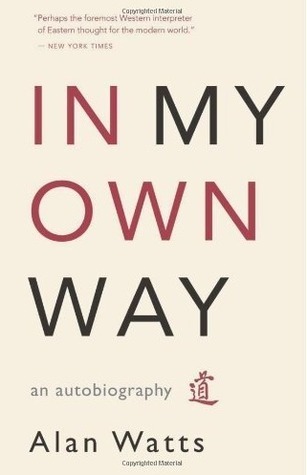What do you think?
Rate this book


386 pages, Kindle Edition
First published January 1, 1972
“The routine of shops on the Parade, the clop-clop of horses going by, the trees, fields, and bracken, the flowers, vegetables, and insects; and mother and father playing and singing in the drawing room with its Chinese embroideries - all this was unproblematic, a kind of incarnate music that was sufficient to itself.”
“I am also the world’s champion in a game called “You Are the Target,” in which anyone better than I would be dead. The game is to shoot an arrow straight up and see how near to you it can be allowed to land. You have to watch its fall very carefully, but I have had it hit the ground exactly between my feet. Of course, there were no witnesses. Had there been, they would forcefully have discouraged the experiment. I was using a fifty-five pound bow.”
"Why don’t adults understand that the siesta, however delectable for themselves after an ample luncheon with good wine, and with the companionship of a pleasing lover, is a colossal bore to a child who gets neither wine nor lover?"
“This doggerel inspired in me entirely unnecessary terrors of darkness and death, and made 'going to heaven' as depressing as the alternative, 'going to hell' was horrendous. For Christians have never had a good idea of heaven.
Be my last thought “How sweet to rest/ Forever on my Savior’s breast”
This might be fun for a nun, but for a man it is an invitation to the boredom of a homosexual paradise - which is not to say that I condemn homosexuallity, but only that I do not enjoy it.”
“I simply couldn’t get along with the Christian God. He was a bombastic bore, and not at all that sort of fellow you would want to entertain for dinner, because you would be sitting on the edge of your chair listening to his subtle attempts to undermine your existence and probe the unauthentic nature of your life. He was like the school chaplain who took you aside for a VERY SERIOUS TALK. He had no gaitie d’esprit, no charm, no lilt, no laughter, and no sensual delight in the world of nature which he had supposedly created...I had to get out from under the monstrously oppressive God the Father - nothing like my own father.”
“When I first received the Holy Communion, there was nothing interesting about it… no joy, no camaraderie or conviviality, no sense of being turned-on, but only an intense and solitary seriousness.”
“I wanted to plumb and understand being itself, the very heart and ground of this universe, not to control it, but simply to wonder at it, for I was - and still am - amazed at my own existence...In a world of flowers, birds, butterflies, clouds, stars, music, friendly boys, and lovely girls, I did not want to waste my consciousness on such textureless, tasteless, and colorless figurations.”
“Looking back I would have arranged for myself to be taught survival techniques for both natural and urban wildernesses. Elementary medicine, sexual hygiene, vegetable gardening, astronomy, navigation, and sailing; cookery and clothesmaking, metalwork and carpentry; drawing and painting; printing and typography; botany and biology; optics and acoustics; semantics and psychology; mysticism and yoga; electronics and mathematical fantasy; drama and dancing; singing and playing an instrument by ear; in wandering, in advanced daydreaming, in prestidigitation, in techniques of escape from bondage, in disguise, in conversation with birds and beasts, in ventriloquism, in French and German conversation, in planetary history, in morphology, and in classical Chinese. Actually the main thing left out of my education was a proper love for my own body, because one feared to cherish anything so obviously mortal and prone to sickness.”
“She thus taught me that it is not so much the girl herself as what goes with her.”
“When you are standing on top of a collapsing skyscraper there is nothing for it but to take wings, if you can find them.”
“All interesting descriptions of human character are poetic, imaginative, dramatic, and fantastic, whereas all attempts at valid description are myopic, interminable, and dull.”
“To me, all idealism, all setting-apart-as-an-example, is simply postponement; it is pushing the reality which is Christ to the elsewhere and the tomorrow. If he is risen; if he is the Truth and the Life, he must be immediately here and now. To set him up in any special way is then to 'gild the lily' and so destroy it.”
"I regard my philosophizing simply as an attempt to describe what is happening in the world, and this describing, in turn, as an action of the world… I regard my work as the spontaneous arisal of a vitamin or nutrient which the world happens to need at this time, and which it is producing through me and many others."
Basically my own laughter at myself has something to do with the incongruity of such a clown being God in disguise, of the “big act” called Alan Watts being a manifestation of the infinite energy of the universe. For behind the scenes you see all the strings, tacks, wire, and masking tape that prop up the show, and as I witness the universe getting away with me I wonder what other uproarious deceptions it will perpetrate. I say this mainly so that you -dear reader- possibly ashamed of your own string and wire, may have the courage to go on with your show.